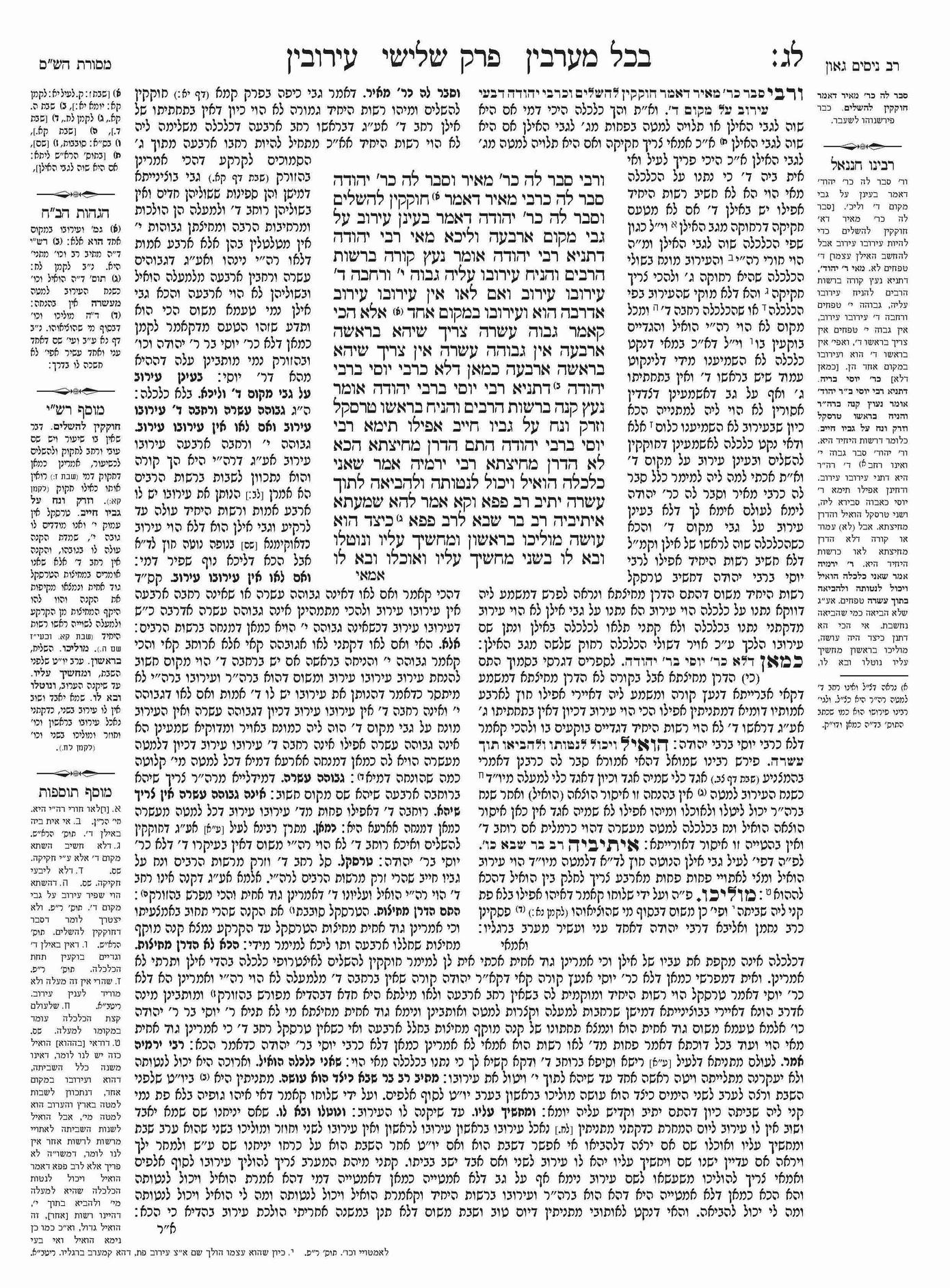How do we find wisdom in an age of information overload?
Information in the digital age has become both a blessing and a curse. A blessing because we can gain information about nearly any topic, anywhere, anytime—for free. There is something almost miraculous in that.
But this glut of information is also a curse because it can easily become for us a source of distraction and malaise. The word distraction here is apt: the mind literally becomes “drawn out” (dis–trahere), unable to focus on anything longer than the next TikTok video, YouTube short, or Instagram reel.
I’ve previously written on distraction (or: curiositas) versus attentiveness (or: studiositas) in the pursuit of information, and how guiding our desire for knowledge can lead to greater happiness or to unhappiness. Our desire for the pleasure of knowledge, licit and illicit, is at the root of these virtues and vices.
Distraction seeks the pleasure of novelty while attentiveness tempers that pleasure and orders it to a good end. Anyone who has gotten lost clicking through links on Wikipedia articles knows that more knowledge is not always a good thing. Intentionally directing our desire for knowledge is often better.
Distraction seeks the pleasure of novelty while attentiveness tempers that pleasure and orders it to a good end.
Okay, so in the face of those opportunities and challenges, how can we seek wisdom in the digital age and recover some of our clarity and sanity?
I’ve found an interesting proposal for how to think about information management from an unlikely source: the reflections of ancient Jewish rabbis.
Reading the Rabbis: 4 Tools for Information Management
The Mishnah, written around the second century, is one of the earliest works of rabbinic Judaism, covering everything from guidelines for the sabbath and religious festivals, to dietary laws, to the proper functioning of the court system. The Mishnah is an intriguing text because it is attempting to communicate, across generations, a massive amount of information.
Just to give you an idea of the scope and influence of this work, the Mishnah forms the core of the Talmud, a commentary on the Mishnah of more than 10 million words in dozens of volumes. So the rabbis naturally had something to say about the reception and management of information—and wisdom.
(According to legend, Albert Einstein, when close to death, was asked what he would change if he could live his life over. His answer: study the Talmud. )
And so, in the Mishnah, we find the following gem (Pirkei Avot, 5:15):
There are four types among those who sit before the sages: a sponge, a funnel, a strainer and a sieve. A sponge soaks up everything. A funnel takes in at one end and lets out at the other. A strainer lets out the wine and retains the lees. A sieve lets out the coarse meal and retains the choice flour.
So there are four ways to learn from those who are wise.
-
A sponge soaks up everything without discrimination.
-
A funnel takes in everything at one end but also lets it all out.
-
A strainer lets out the good stuff (wine) and retains the bad (dregs).
-
A sieve retains the good stuff (flour) and lets out the bad (meal).

How to Apply These Four Approaches Today
We can learn from these four approaches to “sitting before the sages” as the Mishnah puts it. And I think we can learn from each approach:
-
At the beginning of our journey in learning a new skill, practicing a new habit, or starting a new job, we should be more like a sponge. A novice soccer player should probably take what the pro tells him on face value. The new piano player should probably listen to everything his teacher has to say. The new associate on the job can learn fast by taking in everything the manager says. Obviously, we want to avoid being a sponge with bad information.
-
In the face of high-quality information, we want to avoid being like the funnel, letting everything pass through us. But in the face of low-quality information, we can be more like the funnel, letting all of it run through us without retaining any of it. This is probably how we should approach most social media and news sites. No need to read every newspaper article and every magazine articles that crosses the path of your eyes.
-
As we progress in our journey, we can be a little more discriminating, like the sieve, holding onto the good flour and letting go of the courser chaff. The expert golf or tennis player might sometimes question his coach about a particular technique. The first officer of an airplane might challenge the commanding officer. The artist or poet might retain something from the tradition while making other innovations in technique.
-
What we want to avoid in all of this, I think, is the strainer: holding onto the bad and letting go of the good. Here is where it can help to be open-minded. Maybe we entirely dismiss someone out of prejudice. We hold onto the bad and let go of the good that might be there. Or think about criticism: we hold onto the negative feelings (the dregs) while letting some of the constructive critiques (the wine) flow through us without retaining it.
Finding the Right Tool for the Job
The key in all of this is to use the right instrument for the job. In the face of clickbait and low-quality information, we can be like the funnel. At the start of our journey, with good coaches, we can be like the sponge. As we progress in our journey, we can act like the sieve, making finer distinctions about what to hold onto while letting go of other things. And all the while we need to be careful that prejudice and pride do not keep us from letting the wine slip through our fingers.
In an age of information saturation, we can use these four tools or approaches as we go through our day. When would it help to be more like a funnel? When would it help to be more like a sponge? When would it help to be more like a strainer. When would it help to be more like a sieve?









